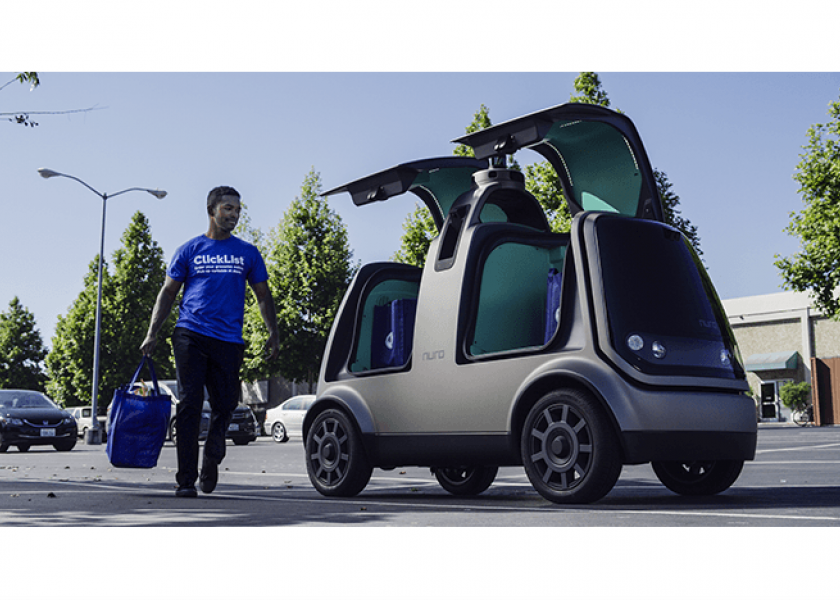Old-fashioned shortcuts still winning over online orders, meal kits

Americans continue to name takeout and restaurants as their go-to time savers when it comes to food, rather than online grocery orders and meal kits.
In a Gallup poll of about 1,000 people, 84% said they never order groceries online for pickup or delivery, and 89% said they never order meal kits with fresh ingredients.
Responses showed that people are certainly looking for convenience; 45% said they eat out at least once a week, and 31% said they order takeout at least once a week.
Parents and higher-income shoppers overindex on online grocery ordering. Among respondents with children 18 or younger, 14% said they order groceries online at least monthly. Among respondents with a household income of $75,000 or more, 12% of people said they ordered groceries online at least once a month.
Gallup pinpointed those groups as the key audiences for the service and offered a reason for the lack of broader use of online grocery ordering.
“Services like Peapod, Instacart, Shipt and Amazon Fresh that cut out the trip to the grocery store appeal mainly to those short on time —— parents with children younger than age 18 and employed adults,” Gallup wrote in its summary of the poll results. “Higher-income Americans are also bigger adopters of grocery delivery, either because higher income means they can afford more groceries or because they have greater access to mobile technology like smartphones and tablets that make ordering online easier. More generally, Americans may just not like to think that far in advance when it comes to what to eat.”
Gallup commented that, given the willingness of Americans to make other purchases online, technology is not the key barrier to online grocery growth.
“Food can be one of the biggest line items in people’s household budget, and going to the store — including comparison shopping among stores — may afford more control over getting the lowest prices,” Gallup wrote in its summary. “Others may simply enjoy browsing a grocery store for inspiration, prefer to pick out their own perishables or not want to plan ahead for meals. If dinner is not in the fridge, then a trip to the store or a restaurant solves the problem. And if that’s too much trouble, there’s always takeout.”
While penetration of online grocery shopping remains limited, retailers continue investing in adding pickup and delivery options at their stores.
Online grocery options increase
Kroger revealed details Aug. 16 for its pilot with Nuro autonomous grocery delivery vehicles.
“We’re excited to launch our autonomous vehicle delivery pilot with Fry’s in Scottsdale, (Ariz.),” Kroger chief digital officer Yael Cosset said in a news release. “Kroger wants to bring more customers the convenience of affordable grocery delivery, and our pilot with Nuro will help us test and learn to understand customer acceptance of autonomous vehicles in our seamless offering.”
The delivery fee for ordering through that program is $5.95.
Amazon-owned Whole Foods Market recently launched grocery pickup in Sacramento, Calif., and Virginia Beach, Va. The company plans to expand to more cities throughout the year. Shoppers can either get free pickup in as little as an hour for orders of $35 or more, or they can get pickup within 30 minutes for $4.99.
Ahold Delhaize, which operates U.S. banners Food Lion, Giant Martins, Giant Food, Hannaford and Stop & Shop, revealed as part of its quarterly earnings report that it will be creating a shared e-commerce infrastructure for all its brands.
The new entity behind that effort is named Peapod Digital Labs, a reference to the Peapod grocery delivery service that Ahold Delhaize operates.
Target-owned grocery delivery service Shipt has expanded its service to Buy for Less and Uptown Grocery shoppers in Oklahoma City; to Target shoppers in Connecticut, Wisconsin and Maine; and to Hy-Vee and Target shoppers in Iowa, Illinois, South Dakota, Minnesota and Missouri. Shipt is a membership-based service that costs $99 per year.







